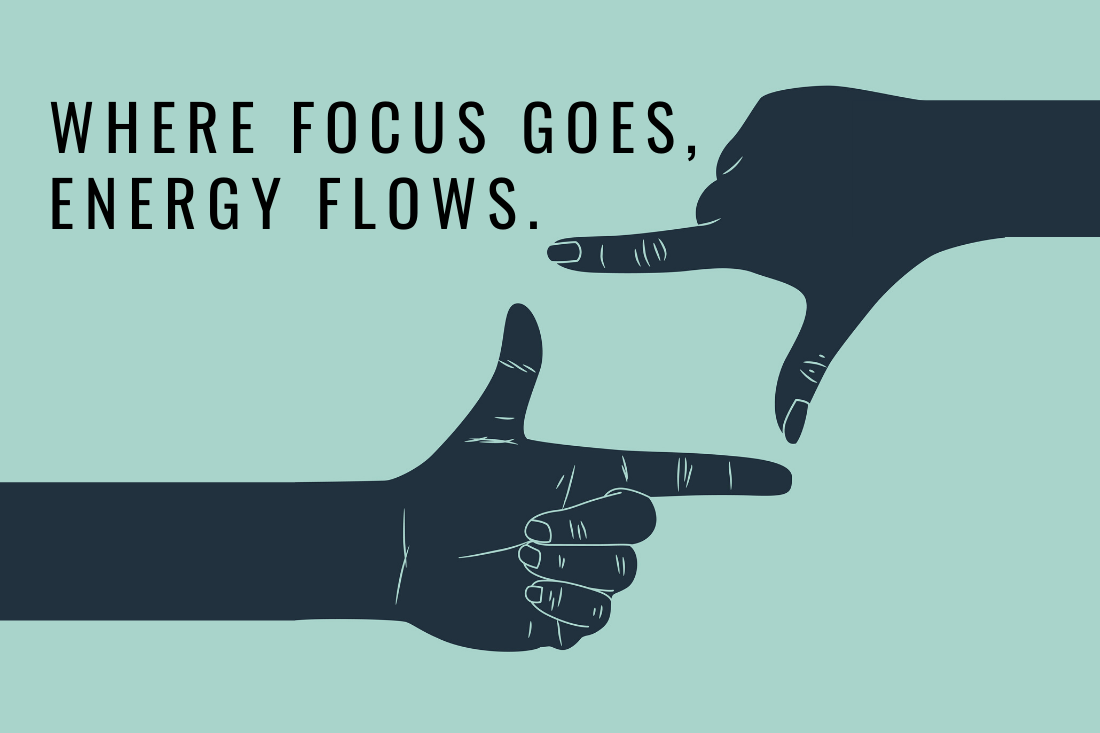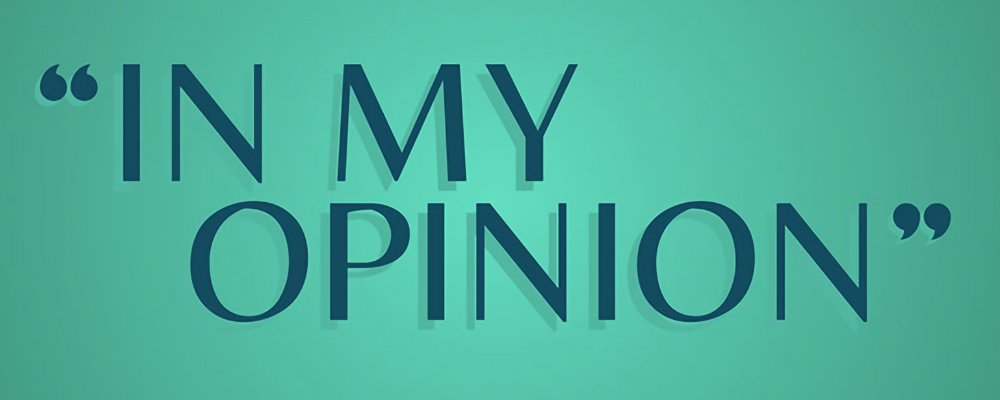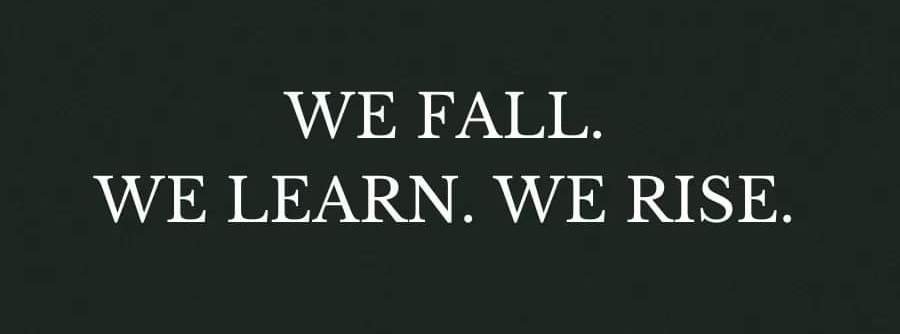Achieving meaningful change is often dependent on having a clear objective, believing in your ability to make that change, and embracing a committed mindset that prioritises rational planning over fleeting emotions. This approach can lead to a more sustainable and effective path to personal growth and transformation. I think that to understand the factors that influence our capacity to change, one needs to consider the following three key elements:
1. It's not solely about the external events or circumstances that occur in our lives but rather how we choose to navigate and respond to them. Developing psychological mindedness involves being attuned to our thoughts, feelings, and reactions, which can significantly impact our ability to initiate change.
2. While motivation can be a fleeting and inconsistent source of drive, commitment provides a more stable foundation for success. By detaching from emotional fluctuations and focusing on a well-thought-out plan of action, we can reduce the reliance on fleeting emotional states. Cognitive dissonance, the discomfort caused by acting against one's beliefs, can serve as a powerful motivator for change.
3. Instead of relying on raw emotion to drive our actions, we can manage our emotions through commitment. By making a conscious decision to pursue our goals and sticking to our plans, we create a sense of commitment that, in turn, generates motivation. This shift from relying on external motivation to fostering internal commitment can be a key factor in achieving lasting change.
Send me an e-mail and let me know what do you think.





















